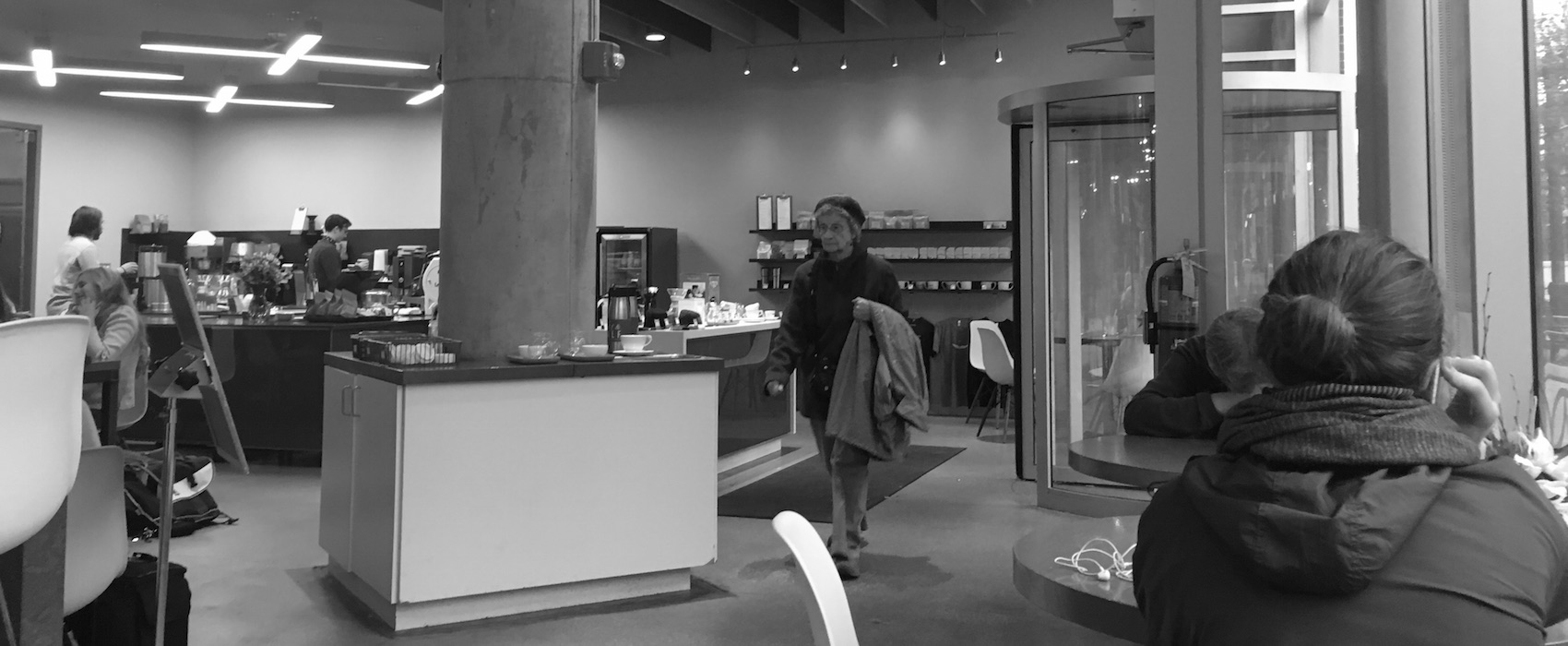It was a cold and rainy day for a cycle tour, but it was worth braving the elements in order to see some of Chicago’s architecture, take in the magnificent skyline and hear about the city’s history. The guide told us how Chicago was a growing city built mostly of wood before the Great Fire of October 1871 that killed at least 300 people and destroyed almost 3.3 square miles of the city, leaving 100,000 people homeless. Afterwards, because it was clear that the city was viable, there was determination to rebuild and the project attracted world class architects, which explains why Chicago is so remarkable today.
In San Francisco too I heard during a cycle tour about the 1906 earthquake that killed 3,000 people and left 40,00 people homeless. These were cataclysmic, devastating events that left many dead and destroyed many homes. Yet the response in both cases was to rebuild finer, stronger, more beautiful. cities
The guide said that the fire ultimately helped the city, which plays into something I’ve all thinking about a lot – how can we embrace the future, even hope to prosper in it, when such savage loss has occurred? Do we tend to think of life like a film script and focus on the marvellous ending while somehow glossing over the suffering that people have to come to terms with – and can still be impacted by – in order to get there?
Personally I’ve been feeling more positive about the future, but am also extremely sensitive about what that says about my past with Mark. I had a wonderful, rich life with him and losing it has almost broken me. But somehow that reality has to co-exist with the fact that I sense I am somehow wired to recover and rebuild, to start anew, even if what’s ahead won’t at all be I’d hoped for or dreamed of before.
Sitting in a cafe after a day spent marvelling at Chicago’s architecture, I’m surrounded by evidence that something impressive emerged from the wreckage of the city. But does that cancel out the pain and suffering it brought too? When it comes to rebuilding after devastation, it’s becoming clear to me that a shift is needed. Focusing too much on the suffering can lead to a kind of paralysis, while on the other hand, embracing the good that could possibly come out of the ashes requires a subtlety of perspective. I don’t want to embrace a narrative that acknowledges the pain, the regret, the sadness of loss, while giving space for what the future might bring. Is it this interaction between the two that is crucial and the fact that neither perspective gets to dominate? Does the dialogue between them then become a necessary part of the process of creating a new space to live in?

Leave a Reply
You must be logged in to post a comment.